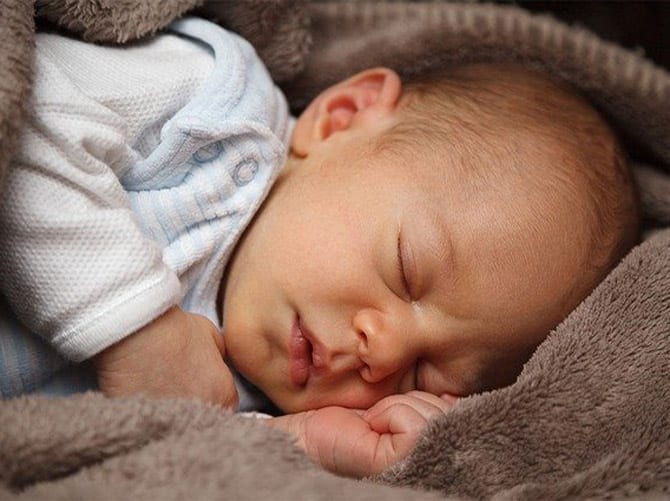Sleep Problems in Infancy Linked to Mental Health Problems in Adolescents
A study of 7,155 children in the United Kingdom found that sleep problems in early childhood may be linked to the development of certain mental health disorders in adolescence, according to CNN.
The research, which was published in the journal JAMA Psychiatry, found that waking up frequently during the night and irregular sleep routines as babies and toddlers were linked to psychotic experiences in children ages 12 and 13. Also, children who slept for shorter periods at night were more likely to be associated with a borderline personality disorder at ages 11 and 12.
This is also the first time possible links between early childhood and sleep problems and adolescent psychotic experience and borderline personality disorder (BPD) symptoms have been examined.
“We know from previous research that persistent nightmares in children have been associated with both psychosis and borderline personality disorder,” lead author Isabel Morales-Munoz, a research fellow at the Institute of Mental Health at the University of Birmingham, said in a statement. “But nightmares do not tell the whole story. We’ve found that, in fact, a number of behavioral sleep problems in childhood can point towards these problems in adolescence.
The team also found that children who had less sleep during the night and went to bed later at the age of three-and-a-half years were related to BPD symptoms, suggesting a specific pathway from toddlers through to adolescents with BPD, which is separate from the pathway linked with psychosis. They also invested whether the links between infant sleep and mental disorders in teenagers could be mediated by symptoms of depression in 10-year-old children. They found depression mediated links between childhood sleep problems and the onset of psychosis in adolescents, but this link was not observed in BPD, suggesting the existence of a direct association between sleep problems and BPD symptoms.
“We know that adolescence is a key developmental period to study the onset of many mental disorders, including psychosis or BPD,” senior author Professor Steven Marwaha said. “This is because of a particular brain and hormonal changes that occur at this stage. It’s crucial to identify risk factors that might increase the vulnerability of adolescents to the development of these disorders, identify those at high risk, and deliver effective interventions. This study helps us understand this process, and what the targets might be.”














